In the past decade, ecommerce and marketing have drifted into a more digitized landscape. More investments and research are poured towards ecommerce and tools are created to help set up online stores faster, improve sales, market digitally, etc.
This article compiles a list of different categories of open source tools to help you set up and improve your online stores.
Why Should You Use Open Source Tools?
Open source simply refers to software with source code that is publicly visible or accessible. Availability of the source code means developers and non-developers can contribute to the software.
One of the biggest advantages of open source tools is that they are cost-effective in comparison to proprietary tools and offer as good a value. Open source software is generally free, but there are exceptions. The freeness depends on the restrictiveness of the software license.
Linuss law asserts that given enough eyeballs, all bugs are shallow. Open source ensures security and transparency due to the openness of source code. More involvement means more use cases, and more use cases lead to more edge cases being discovered and bugs being fixed.
The large involvement common with popular open source software reduces the duplication of effort. It encourages you to focus on the competency that makes you unique or gives you an advantage by utilizing common components provided by open source tools.
Below is a list of some open source tools that can improve and optimize the experience of your online stores. Beside each listed tool is the number of GitHub stars currently available on their respective repository.
Trending Ecommerce Engines
These are tools that help you set up an ecommerce store. They provide many features like CMS integration, payment integration, carting system, etc. necessary to run an effective online store and may provide options for extensibility. See some examples below.
Medusa (15.8k)
If you want to build a scalable and sophisticated commerce setup with low effort and great developer experience, Medusa is the choice for you. It is an open source, JavaScript-based, headless commerce platform whose abstraction-based architecture makes it more extensible and easy to customize.
Medusa has a large community of developers using it and contributing to its ecosystem to make it better and more extensible with custom tools and third-party services.
Reaction Commerce, now known as MailChimp Open Commerce, is an API-first ecommerce tool powered by Meteor.js made for technical retailers. Since its launch, it has gained the attention of people because of its high level of customizability.
You can write your API plugin for your store integrated with third-party services and also reuse codes between plugins.
Now known as Adobe Commerce, Magento is an open source ecommerce platform acquired by Adobe in 2018. Magento has built a large community of people contributing to its ecosystem.
It supports a series of payment gateway options so that you can make multiple payment integrations.
You need just a little understanding of technology to be able to build yourself a store with this tool.
WooCommerce helps you build online stores with WordPress. All you need to do is to install the WooCommerce plugin into your WordPress website to get started. It is beginner-friendly and because it uses WordPress, you can access a variety of free or paid themes and plugins.
OpenCart is a PHP-based store management software. To use OpenCart, download the software from its official website or GitHub and install it.
It has multi-store support that lets you manage different stores from a single interface. You can also use specific themes and set products for each store.
And just like many platforms, it is highly customizable and extensible.
Trending Content Management Systems (CMS)
A content management system is a tool that helps you create, manage, and modify content on a frontend client without the need for specialized technical knowledge.
Strapi is a headless Node.js-based content management system. Headless CMS is a backend-only CMS built as a content repository that makes content accessible via an API to any frontend client. It makes it easier to build applications using Jamstack technology, separating the backend from the frontend.
WordPress is an open source content management system originally associated with many blogs but is now used widely in different varieties like professional publications, ecommerce stores, wikis, etc.
WordPress has a large number of users and people contributing to it (creating plugins, community support, theme creation, etc.) making it provide many customization options. It is also beginner-friendly and requires minimal technical knowledge to start creating a website.
KeystoneJS is a Node.js-based content management system that provides a standardized set of components that allows for the fast and easy development of web applications. Asides from its basic functions, it provides you with a GraphQL API that can be integrated with a frontend application of your choice and a backend admin dashboard to manage your application content.
Joomla is developed by a community supported by Open Source Matters Inc. It removes much of the technical aspect of setting up and running a website. Like WordPress, it provides plugins and site modules so users can enhance their websites.
Drupal is highly scalable, making it popular with high-traffic sites. In comparison to WordPress, it has a relatively higher learning curve. It improves performance through caching which reduces page load times and resource requirements.
Trending Payments Tools
These tools provide ways to receive payments and also provide integrations for many payment methods as well as multi-currency support.
Stripe is a payment gateway that is easy and quick to implement. It handles the step between a paying customer and the recipient and acknowledging that payment has been received.
From a developers perspective, Stripe takes all the hard work out by providing developer-friendly SDKs to interact with its APIs.
Paypal is one of the first online payment providers to be established globally. Paypal works as a service platform between people (or businesses) wanting to exchange. PayPal provides a list of software development kits (SDKs) that can be integrated with your online stores.
Marketing
Marketing is very important to ecommerce. It helps your customers to be aware of your store, engages them and helps them make the buying decision. These tools provide functions that can improve your business marketing.
Data analytics are important to the success of modern web-based businesses. Matomo, formerly known as Piwik Analytics, is an open source web analytics platform that provides detailed reports on your website visitors. It provides information that can be used to improve the retention rate of online visitors.
Chatwoot is an open source customer engagement platform that helps business engage their customers on their website, email, SMS, etc. It is an open source alternative to Intercom, Zendesk, etc.
It combines many features to become a central hub for communication and allows you to interact with many channels (SMS, email, Facebook, live chats, etc.) without leaving the app.
Plausible Analytics is an alternative to Matomo although its a newer player in this market.
Unlike Matomo, Plausible is built with simplicity and ease of use in mind. It focuses on essential stats and metrics only while Matomo is a full-fledged Google Analytics alternative providing a huge number of metrics and reports you can choose from.
Listmonk is an open source self-hosted email marketing software that can manage subscribers lists providing tools to create email templates and can segment subscribers for arbitrary message campaigns.
Trending Business Tools
These tools are important to efficiently manage your business processes.
Rocket.Chat is an open source platform designed for communities and organizations with high standards for data protection. You can install and host it however you want.
It provides a lot of features to manage internal and external business communications with a marketplace providing apps for integration with common social media channels like Facebook Messenger, WhatsApp, Instagram, SMS, etc).
Odoo, formerly known as OpenERP, is an open source all-inclusive suite of business apps that can help you manage your business processes.
Due to the large community surrounding the tool, Odoo comes with many modules that you can integrate to boost your business processes.
n8n, pronounced nodemation, is an open source workflow automation tool that is self-hosted and easy to extend. With n8n, you can perform simple automation integrations and also complex workflows that combine both third-party APIs and your internal tools.
It provides an intuitive user interface that allows non-technical users to automate tasks.
Just like Odoo, ERPNext helps you manage your business processes. It consolidates your business operations into a single monolithic application.
With this tool, you can avoid jumping from one spreadsheet to another app to get things done. Due to data being central, all data stored can speak and interact with others.
Conclusion
This article outlined 20 open source tools to boost your sites performance across different categories. Open source ecommerce tools are growing rapidly; there are many more tools available. However, with these ones, you can build an online store with a wide range of functions made available.


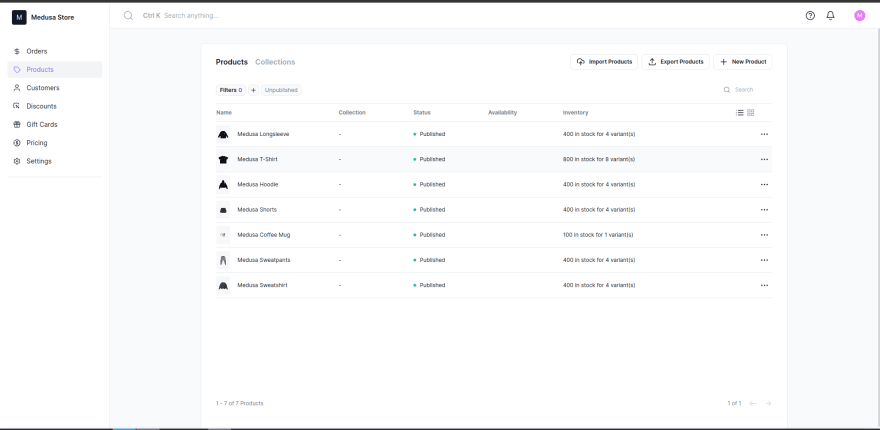


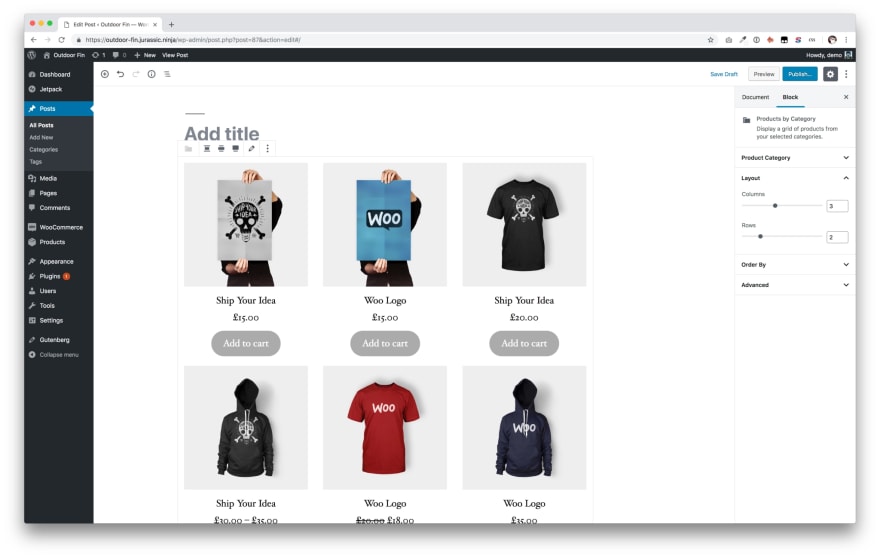
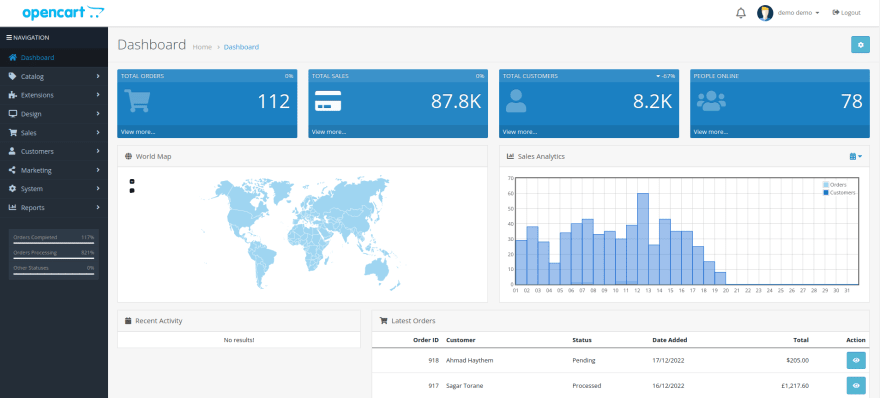

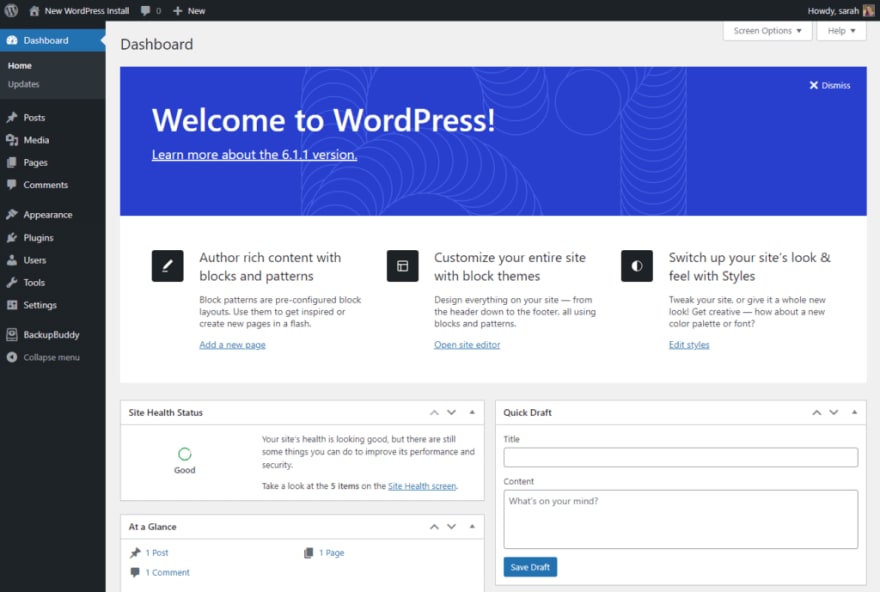


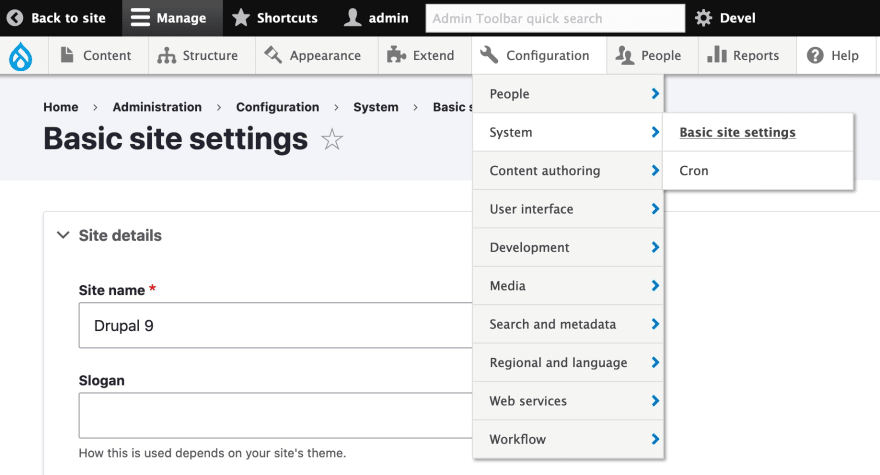




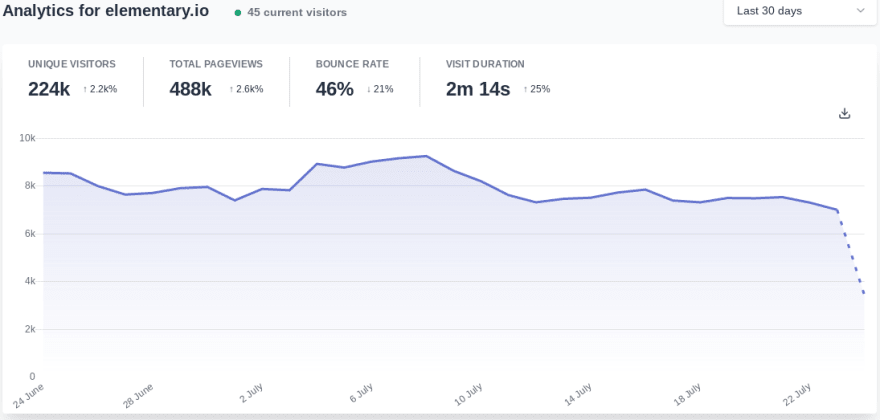
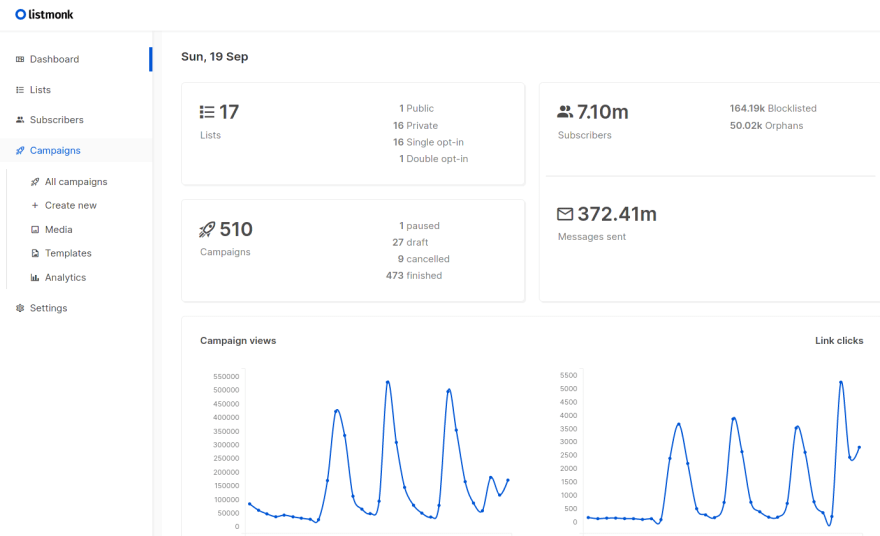
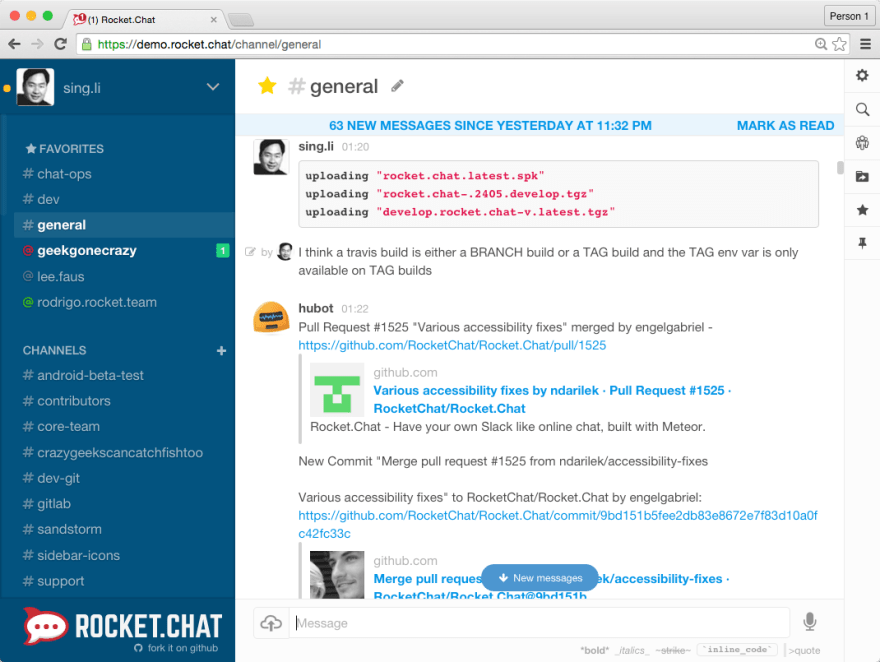

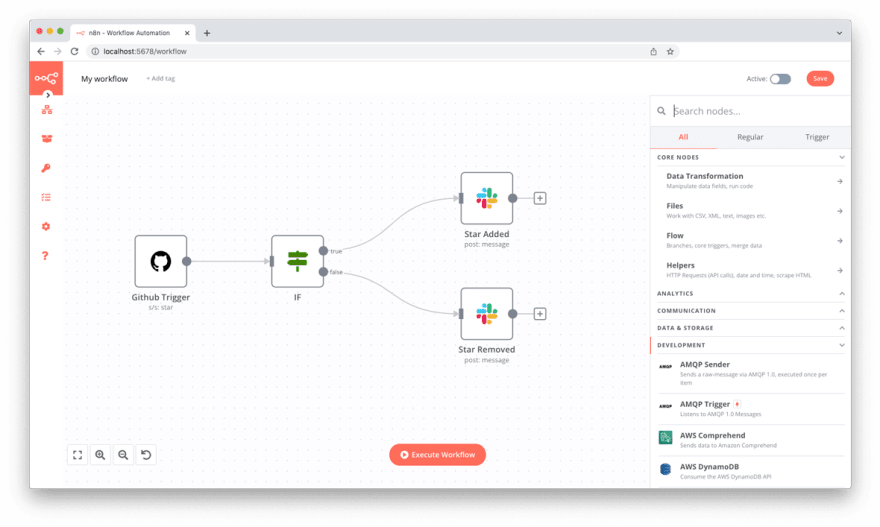


Top comments (0)